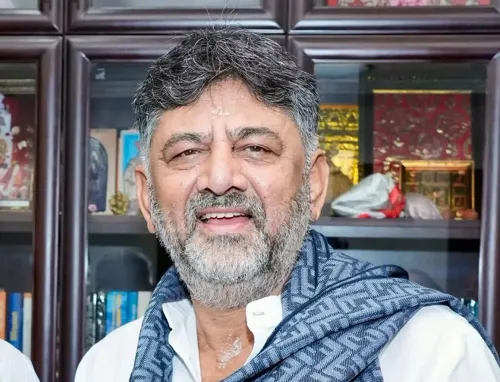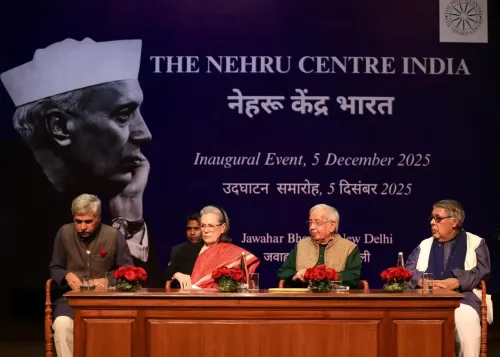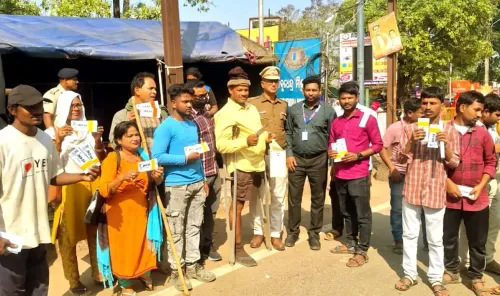What Are the Major Issues in Bihar Elections According to the IANS-Matrize Survey?

Synopsis
Key Takeaways
- Unemployment and corruption are the primary concerns for voters in Bihar.
- Prime Minister Modi's influence remains significant in shaping voter decisions.
- The IANS-Matrize Survey reveals various perceptions about critical electoral issues.
- Polling will occur in two phases for a total of 243 seats.
- The NDA alliance is projected to form the next government.
New Delhi, Oct 6 (NationPress) As election dates are revealed for Bihar, the competition among political parties is intensifying, with each aiming to attract voters through grand promises. Nevertheless, the most pressing concerns for the electorate are unemployment and corruption, along with the inadequacies of the state's education system.
The IANS-Matrize Survey indicates that unemployment and corruption rank as the paramount issues for voters in the Bihar elections, followed by inflation and law enforcement.
The opinion poll further highlights that Prime Minister Narendra Modi plays a significant role in influencing public sentiment and voter decisions, with 9 percent of respondents identifying him as a key factor in their voting choices.
According to the IANS-Matrize Survey, 24 percent of participants believe that unemployment is the foremost concern in the Bihar elections, while 10 percent cite corruption as the primary issue. Only 3 percent regard the liquor ban as a significant election topic.
Approximately 5 percent of those surveyed indicated that law and order will impact the election results, and 7 percent view rising prices/inflation as a critical polling matter.
Two percent of respondents pointed to poor healthcare, 8 percent highlighted the education system, and 4 percent considered agriculture and farming as essential voting issues. Merely 1 percent mentioned floods, 4 percent identified migration, 2 percent viewed state development as a priority, and 3 percent regarded liquor prohibition as important.
The IANS-Matrize survey also collected views on the Special Intensive Revision (SIR) implemented in Bihar. Approximately 54 percent of participants praised the Election Commission's efforts, while 17 percent deemed it necessary. Thirteen percent speculated that it was intended to benefit the ruling alliance, and 16 percent remained neutral.
Previously, the Election Commission announced the schedule for the Bihar Assembly elections. Voting for Bihar's 243 seats will occur in two phases: the first phase will cover 121 seats on November 6, and the second phase will encompass 122 seats on November 11. The election results are set to be announced on November 14.
As per the IANS-Matrize survey, the NDA alliance is expected to form the next government in Bihar, with projections indicating they will secure 150-160 seats out of 243, while the Mahagathbandhan alliance is anticipated to achieve 70 to 85 seats.










